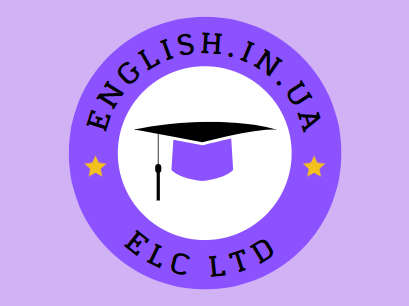Learning a language—learning a first language or learning a fourth—is an exceptional accomplishment for anybody. Yet everyone completes this process and does so successfully at least once in their life.
Linguists—those researchers who devote their lives and thoughts to studying the intricacies and nuances of language—call the learning process «doubtless the greatest intellectual feat any one of us is ever required to perform.» Yet this achievement is often taken completely for granted.
For non-linguists (like most of us), the magnitude of this accomplishment only becomes apparent when we step back and think of everything that goes into the first few faltering steps we take toward language.
We should remember about fine points of language learning, many linguists believe we need to understand one big concept. The ability to learn a language is as they say a part of the “software we’re born with. This «program» is called «universal grammar,» and it explains how children can learn so quickly despite being surrounded by unfamiliar sounds, many of which aren’t even part of language! The only way for children to learn something as complex as language,» as the theory goes, «is to have known a lot about how language works beforehand, so that a child knows what to expect when immersed in the sea of speech. So, in other words, to my opinion, the ability to learn a language is innate, hidden somewhere in our genes.
Антощенко Жанна Григорівна, гімназистка першої гімназії міста Біла Церква Київської області.

